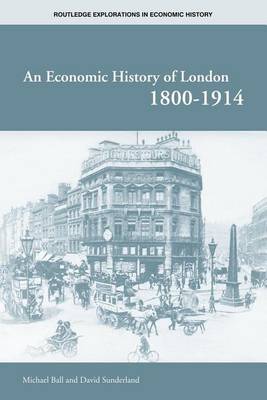Routledge Explorations in Economic History
2 total works
The first text to examine the concept of trust and the role that it played on the Industrial Revolution, this book is a key resource for students' studying nineteenth century British history as well as historically minded sociologists.
Analytical in style and comprehensive in approach, Social Capital, Trust and the Industrial Revolution covers a range of themes, including:
- the forms of behaviour, institutions and strategies that contributed to the formation of trust
- the circumstances that could lead to its rise or fall
- the presence of distrust
- the relationship and links between trust and power.
Although research has shown that high levels of social capital and trust promotes economic growth, low crime rates and improved labour relations, little work has been done on the historical impact of this essential resource. David Sunderland's incisive monograph is resets the balance and demonstrates how social capital played a crucial role in the industrial, social and political changes of the late eighteenth and nineteenth century.

